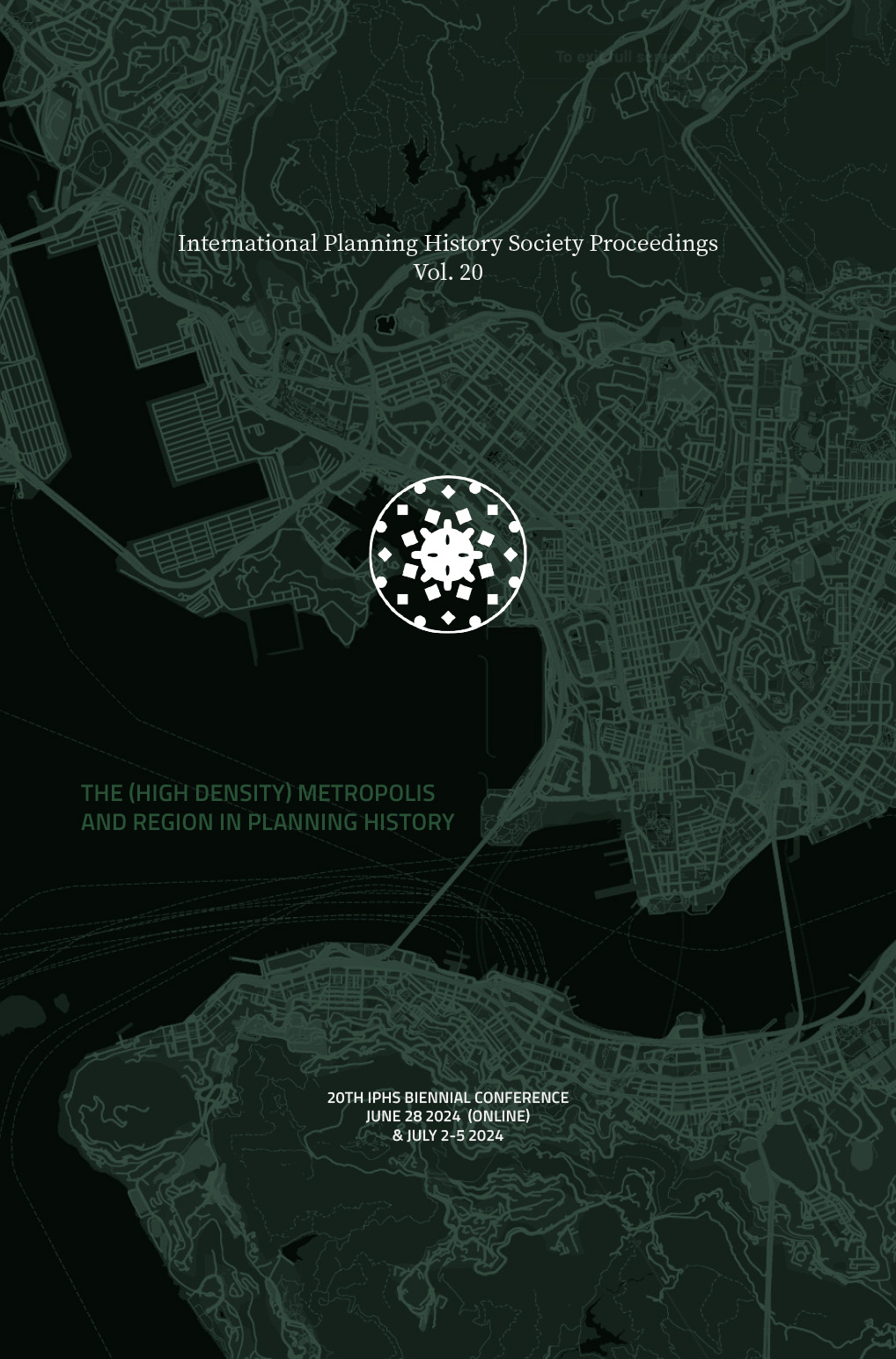Planning history research and urban heritage conservation
Interrelations, barriers and future directions
DOI:
https://doi.org/10.7480/iphs.2024.1.7635Abstract
It is argued that the planning history field has existed since the 1970s1, and research in planning history mainly encompasses thoughts, regulations, and ideas of urban planning. Research in planning history not only enriches an understanding of the influence that urban planning exerts on places that we live in, but also provides a basis and direction for future planning practices. From a planning perspective, urban heritage conservation can be seen as the process of maintaining and transmission of cultural heritage assets in a way that causes significant messages to remain intact and accessible to future generations.
Therefore, close linkages between respective theoretical explorations are discerned. It is mainly because urban heritage conservation can be achieved through planning practice, and academic research in planning history lays some theoretical basis for heritage planning work. However, planning history research is rarely conducted nowadays, and mostly by higher-education academics; and the significance of planning history research is not widely recognised by heritage planning and conservation practitioners. This paper aims to explore the interrelations between planning history research and urban heritage conservation practice, and suggest the approaches to better integrating them.
Downloads
Published
How to Cite
Issue
Section
License
Copyright (c) 2024 Nan Li

This work is licensed under a Creative Commons Attribution 4.0 International License.

